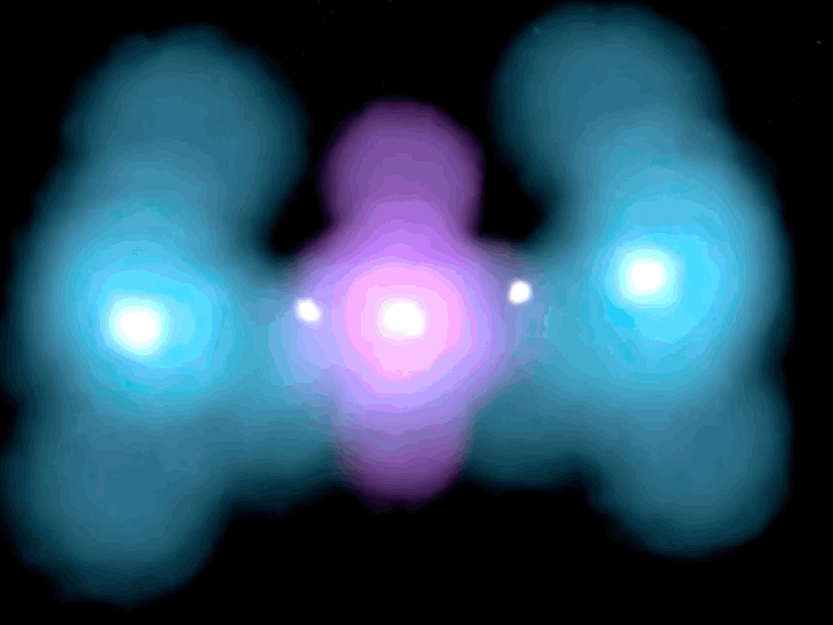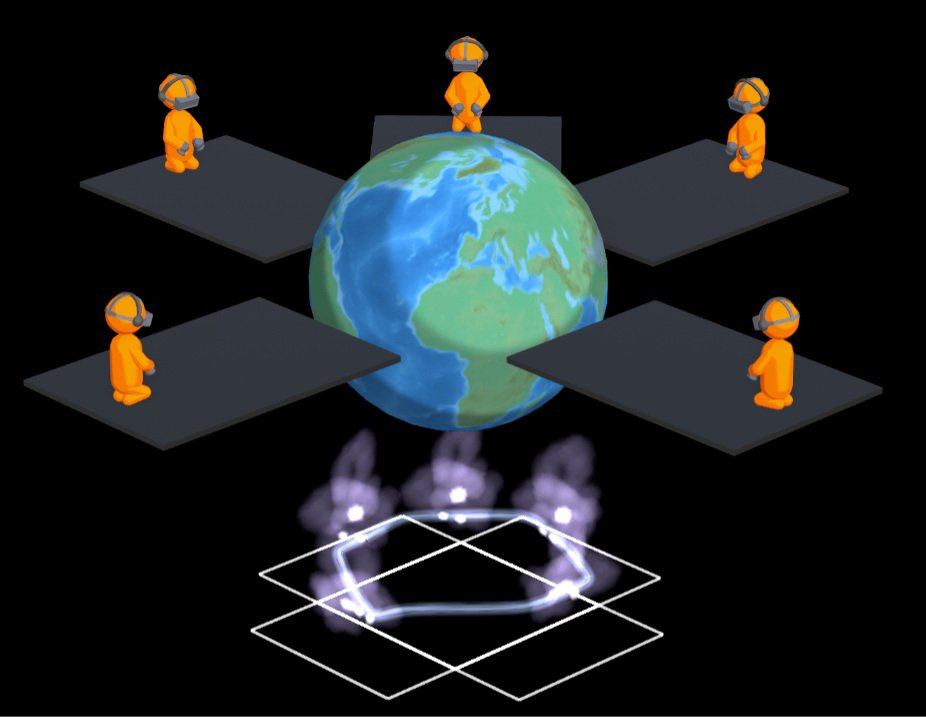
ISNESS-D IN NATURE SCIENTIFIC REPORTS
Our citizen science study comparing group VR to psychedelics.
For more info check out the article, “Group VR experiences can produce ego attenuation and connectedness comparable to psychedelics”, which is available open access at www.nature.com/articles/s41598-022-12637-z

ISNESS-DISTRIBUTED CITIZEN SCIENCE STUDIES
Isness-Distributed (Isness-D) is the latest development of our Isness research project, inspired by a need for connection during lockdown.
Read about our latest project, working with a global network of citizen scientists to investigate the use of VR to elicit scalable mystical-type experiences which are comparable to pyschedelics https://arxiv.org/abs/2105.07796

Crowd-sourced machine learning for NMR
The rise of machine learning (ML) has created an explosion in the potential strategies which may be used to learn from data in order to make scientific predictions. For physical scientists who wish to apply ML strategies to a particular domain, this has created a bewildering scenario, where it is difficult to make an a priori assessment of what strategy to adopt within a vast space of possibilities.
To address this search problem, we recently we teamed up with Kaggle to initiate a crowd-sourced community competition for searching and analysing the space of possible ML strategies in order to predict pairwise NMR properties. Over 3 months, we received 47,800 ML model submissions from 2,700 teams in 84 countries, surpassing anything we could have achieved on our own. Analysis of the results shows that it is possible to construct ensemble-based ML models as linear combinations of the top 50 submissions, which have a prediction accuracy better than any individual model, and are nearly 3 orders of magnitude better than our previous approaches.
